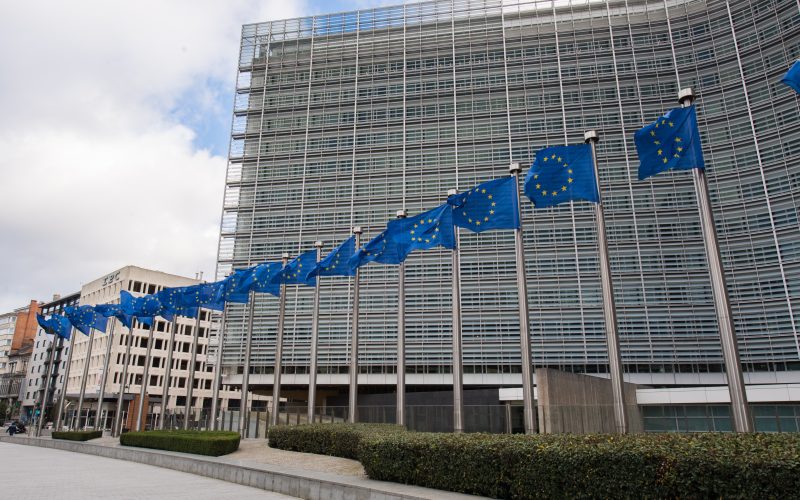The Council of the European Union has adopted its position on a proposed EU-wide forest monitoring framework aimed at enhancing the sustainable management and resilience of Europe’s forests. The framework seeks to provide a harmonised system for tracking progress towards EU targets and policies that directly or indirectly affect forests, while also reducing administrative burdens on national authorities and forest operators.
The proposal, a central component of the EU Forest Strategy for 2030, envisions the development of a high-quality monitoring system in collaboration with member states. It would build upon existing national forest inventories to establish a comprehensive forest knowledge base, improve data comparability, and enable easier access to information. The framework also includes provisions for a data-sharing system to facilitate the exchange of forest-related information across the EU.
While endorsing the need for harmonised and reliable forest data, the Council has called for a simplified version of the Commission’s proposal. This is intended to reduce bureaucracy and costs for stakeholders and authorities alike.
One major change is the introduction of a bottom-up approach, where national forest monitoring serves as the foundation for EU-level policy-making. The framework will utilise existing indicators already reported under EU and international legislation, with the option for member states to voluntarily introduce additional indicators.
The Council also addressed concerns regarding the accuracy of data obtained through remote sensing technologies, such as satellites and drones. It agreed that mapping responsibilities should remain with individual member states to ensure tailored, cost-effective solutions. The data collected at the national level will be made publicly accessible.
The Council has opted to remove two key elements of the Commission’s original proposal: the concept of ‘forest units’ and voluntary long-term national forest plans. It argued that defining forest units is complex, may raise data protection issues, and is not widely used across the EU. Similarly, it viewed long-term forest plans as unclear in purpose and better left under national jurisdiction.
With its position adopted, the Council is now prepared to begin negotiations with the European Parliament, pending the latter’s formal stance on the proposal.
Forests cover more than 40% of the EU’s land area and play a critical role in climate mitigation, biodiversity preservation, and supporting rural economies. However, growing pressures from natural disasters and climate change have exposed the need for more consistent and accessible data to inform forest policy and management decisions. The new monitoring framework aims to address current data fragmentation and support stronger, evidence-based governance.
















